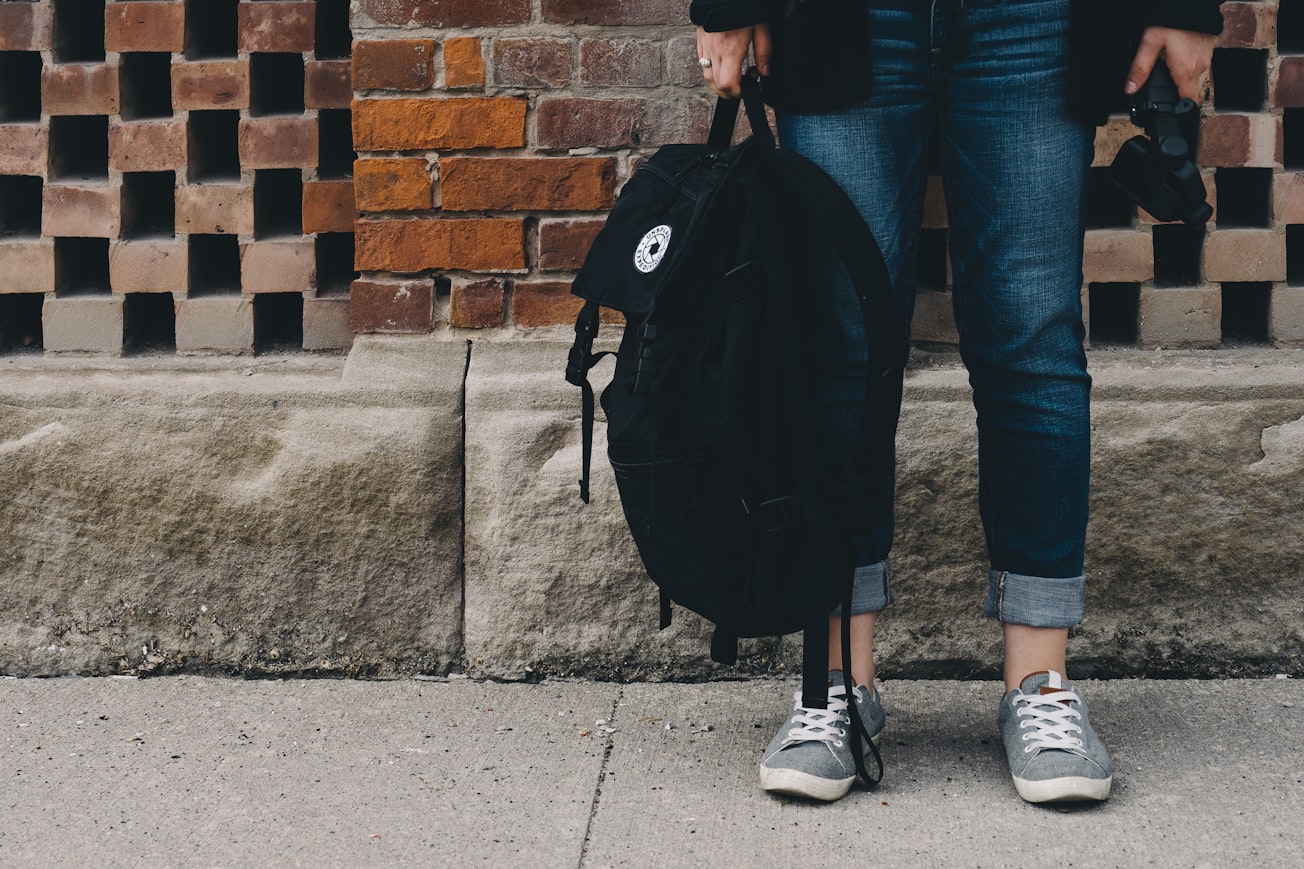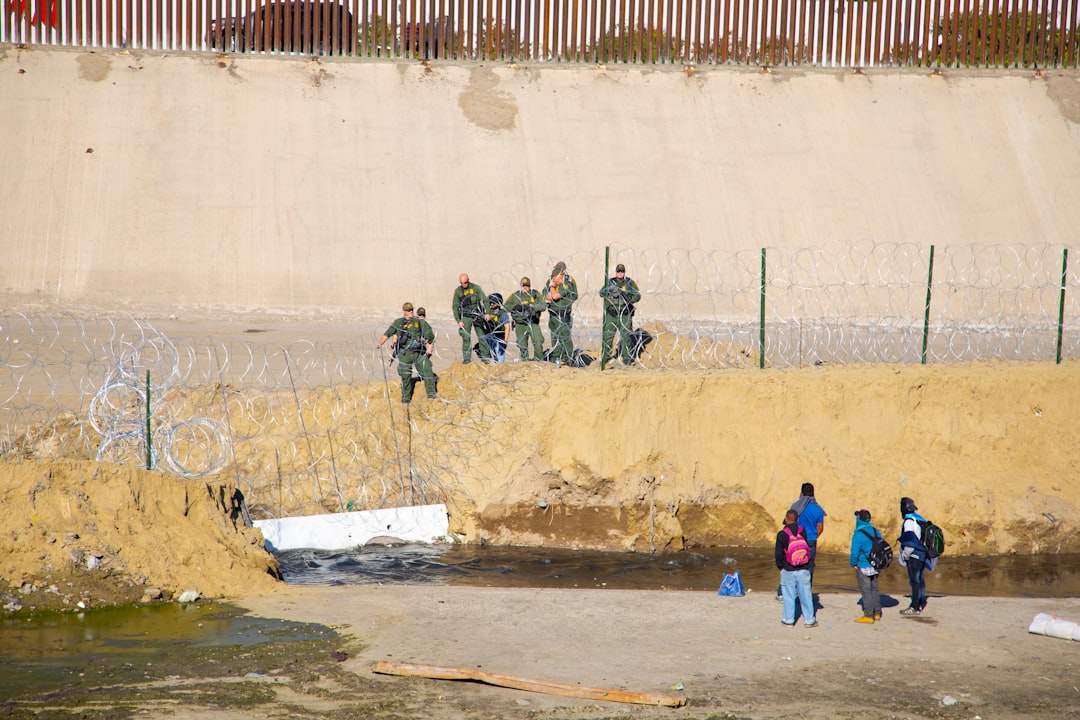What is it about?
Teenagers took part in a series of interviews over the course of their stay in domestic violence refuges/ shelters described difficulties connected to the constraints of refuge life. Twenty young people reported experiences that connect to and challenge UN Convention on the Rights of the Child provisions and provide guidance on how refuges might strengthen their response to respect, protect and promote teenagers’ rights. Recognition of teenage refuge experience is needed, alongside the provision of space, independence and privacy; support to recover from domestic violence and abuse; involvement in leisure activities; educational support; access to computers and online information; and increased opportunities for individual and collective decision making.
Featured Image

Photo by Scott Webb on Unsplash
Why is it important?
The findings contribute to growing evidence that policy makers and other duty bearers need to develop adequate resourcing, attitudinal change, practice guidance, dedicated support, active engagement and participation, and collaborative work between agencies. Implementation strategies are also discussed.
Perspectives
Our research found that refuge policies and practices designed first for women and secondly for younger children tend to be insufficiently nuanced or sensitive to unpick dominant misconceptions about teenagerhood and frequently fail to respect, protect and promote the full range of teenagers’ rights. Refuges are not simply a crisis response but have potential to deliver positive current experiences and longer-term rehabilitation outcomes for teenagers.
Kelly Bracewell
University of Central Lancashire
Read the Original
This page is a summary of: ‘They Class Me as a Child because I’m 15. But They Don’t Want Me at the Kid’s Club’: Towards Rights Respecting Refuges for Teenagers, The International Journal of Children s Rights, June 2022, Brill,
DOI: 10.1163/15718182-30020011.
You can read the full text:
Contributors
The following have contributed to this page










